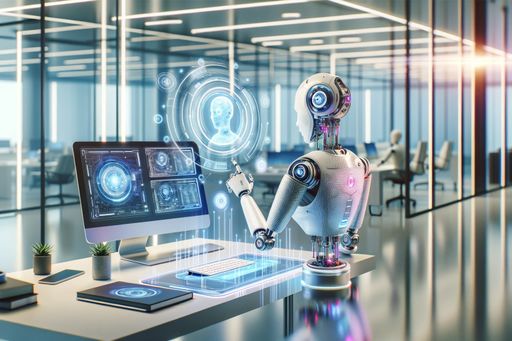The Long-Term Impact of AI: Hype vs. Reality
Despite the hype surrounding AI, its long-term impact remains uncertain. This article explores the parallels between current AI speculation and historical technological bubbles, and raises questions about the lasting legacy of AI.

A Rethinking of AI's Long-Term Impact
AI has taken the world by storm, with companies like Microsoft investing in technologies like the Nvidia HGX H100 chip for generative AI. However, amidst the frenzy and excitement of AI, it's important to consider its long-term impact.
Innovation often begins with discovery and ends with speculation, as noted by economist William Janeway. This is true for AI, where extravagant investments are made without a clear understanding of the technology's future potential.
Looking back at historical technological bubbles, such as the dotcom boom and the US railway boom, we see a pattern of hype and eventual burst. Many investors suffer losses, but these bubbles ultimately pave the way for lasting advancements and progress.
The Uncertainty of AI's Enduring Legacy
What lasting value will AI leave behind? It's difficult to predict, as we tend to overestimate short-term impacts and underestimate long-term effects of new technologies.
To make a parallel, consider the printing press, which had long-lasting effects on society, from challenging religious authority to shaping modern science. If AI proves to be as transformative as some claim, its impact could be equally profound.
The key question is what areas AI will shape in the long run. Three aspects to consider are its augmentation of human capabilities, the sustainability of its resource demands, and its economic viability. These factors will determine AI's enduring legacy.
Challenges and Realities of AI Deployment
While there is a wave of public and industry enthusiasm for AI, deploying and utilizing it at scale poses challenges. Issues such as data infrastructure and safety controls need to be addressed before widespread adoption can occur.
Looking at the expertise of industry leaders, like the CEO of Accenture, it becomes clear that there are still hurdles to overcome. Companies must be adequately prepared to utilize generative AI to ensure its effective and safe implementation.
As we venture into a new year, it's crucial to approach AI with a realistic perspective, considering both the potential benefits and the challenges that lie ahead.



